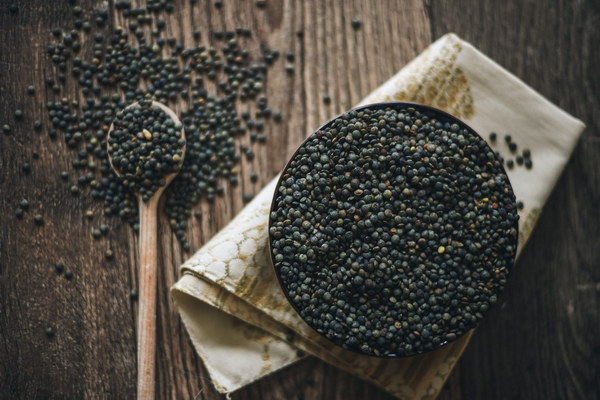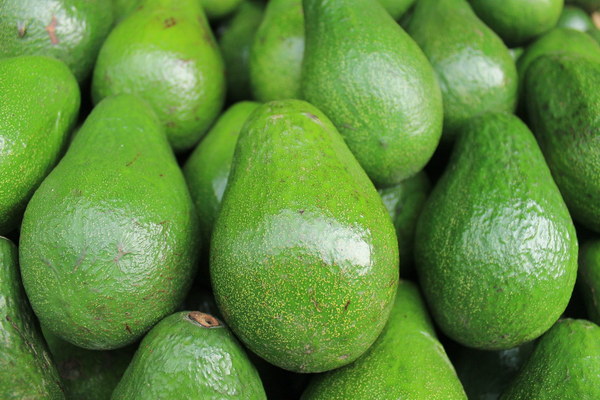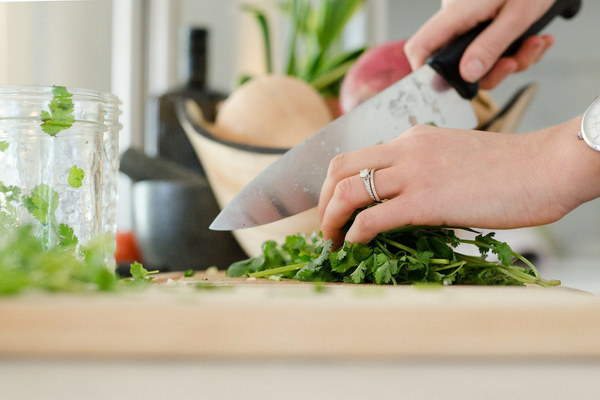Unleashing the Power of Carp and Traditional Chinese Herbs A Natural Remedy for Dampness
In the realm of traditional Chinese medicine, the combination of carp and certain herbs has been hailed as a powerful remedy for alleviating dampness, a common ailment that can manifest as fatigue, weight gain, and discomfort. This article delves into the fascinating world of this natural remedy, exploring the benefits of carp and specific Chinese herbs that work synergistically to tackle dampness.
Carp, a freshwater fish, has long been revered in Chinese culture for its health benefits. Its high protein content and essential nutrients make it a valuable addition to the diet. But what makes carp truly special is its ability to expel dampness from the body. Carp's unique properties make it an ideal candidate for combating this pervasive issue, which can lead to a range of health problems.
When it comes to Chinese herbs, there are several that have been traditionally used in conjunction with carp to enhance its effectiveness in expelling dampness. Among these herbs, the following stand out:
1. Atractylodes macrocephala (Cang Zhu): This herb is a staple in Chinese herbal medicine for addressing dampness. It helps to strengthen the spleen, which plays a crucial role in regulating the body's fluid balance. Atractylodes macrocephala works wonders when paired with carp, as it aids in breaking down and eliminating dampness.
2. Alisma orientale (Ze Xie): Also known as the oriental water plantain, this herb is another powerhouse in the fight against dampness. It helps to drain dampness from the body, promoting healthy fluid balance and reducing the likelihood of damp-related health issues. Alisma orientale, when combined with carp, can significantly improve one's overall well-being.
3. Poria cocos (Fu Ling): This mushroom-like herb is highly valued for its ability to drain dampness and promote urination. Poria cocos works by clearing away dampness from the body, thus preventing it from accumulating and causing discomfort. When consumed with carp, it enhances the fish's ability to expel dampness.
4. Coix seed (Yi Yi Ren): Also known as Job's tears, this herb is often used in Chinese medicine to treat dampness and improve digestion. Coix seed has a sweet and slightly bitter taste, making it an excellent complement to carp. Together, they help to break down dampness and support overall health.
To prepare this natural remedy, one can follow these steps:
1. Start by cleaning the carp thoroughly and cutting it into bite-sized pieces.
2. In a pot, bring water to a boil and add the Atractylodes macrocephala, Alisma orientale, and Poria cocos. Simmer for about 15 minutes.
3. Add the carp pieces to the pot and continue to simmer until the fish is cooked through.

4. Finally, add the Coix seed and simmer for another 10 minutes.
Once the remedy is ready, one can enjoy it warm or cold, depending on their preference. It is recommended to consume this remedy twice a day, preferably before meals.
The combination of carp and these Chinese herbs offers a natural and effective way to combat dampness. By incorporating this remedy into one's diet, individuals can experience improved energy levels, reduced weight gain, and overall better health. While this remedy may not be suitable for everyone, it is a valuable resource for those seeking a holistic approach to dampness relief.
In conclusion, the union of carp and traditional Chinese herbs presents a compelling natural remedy for dampness. By understanding the properties of these ingredients and following the proper preparation steps, individuals can harness their benefits to improve their health and well-being. So, why not give this time-tested remedy a try and embark on a journey to dampness-free living?









